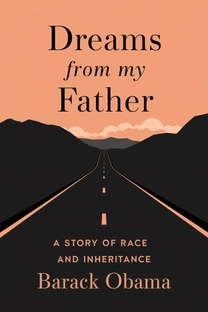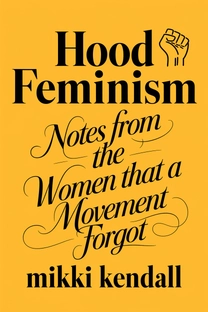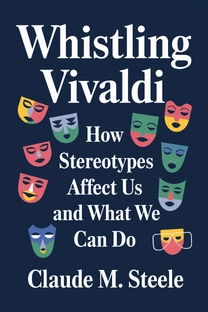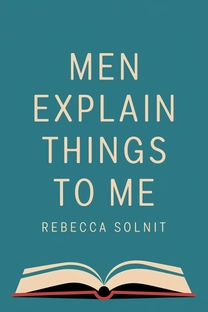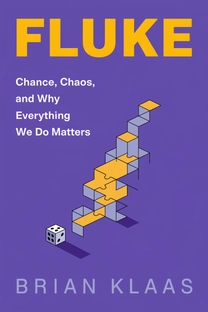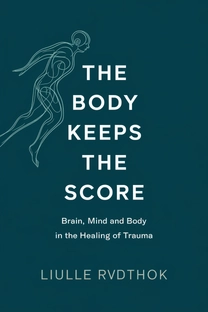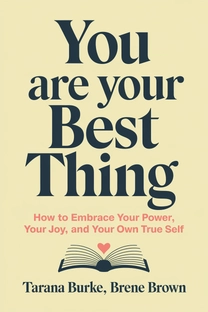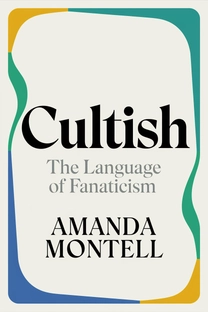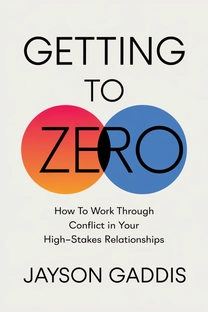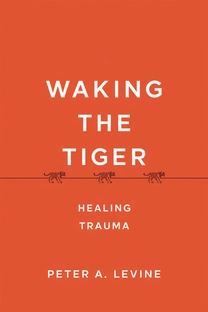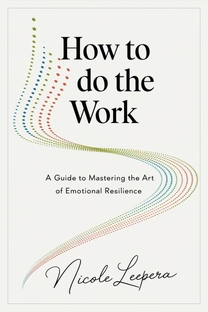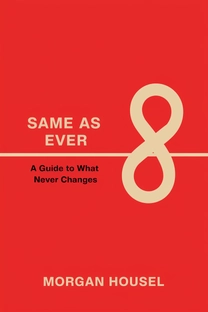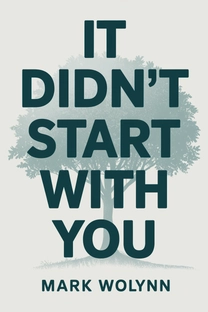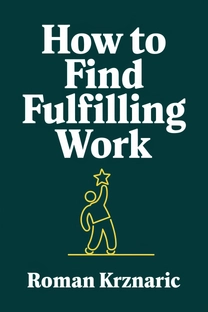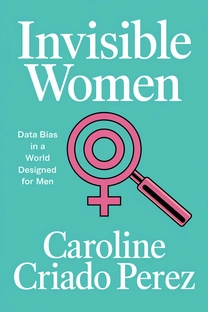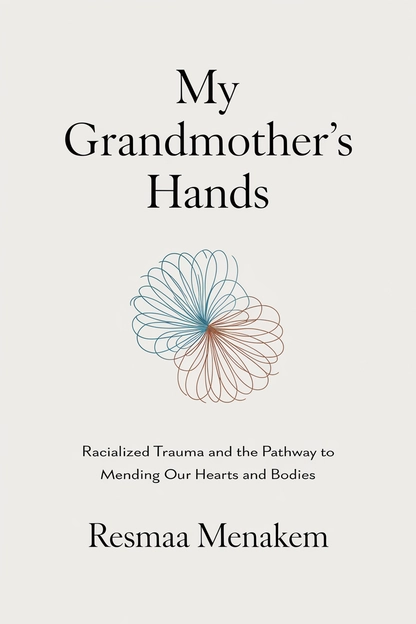
My Grandmother’s Hands
Racialized Trauma and the Pathway to Mending Our Hearts and Bodies
by Resmaa Menakem
Brief overview
This book explores how racialized trauma lives within our bodies and shapes our perspectives, behaviors, and instinctive reactions. It shows why purely intellectual approaches to racism and inequality often fall short, and what it takes to genuinely heal on both an individual and a collective level. By focusing on bodily awareness, readers discover how to move through discomfort and build more resilient, inclusive communities.
Introduction
Imagine carrying around deep aches you can’t name. This is how racialized trauma works, living unspoken inside our bodies and shaping our responses before our minds can even catch up. As this book reveals, that dynamic isn’t limited to one group; it affects many of us—Black, white, and those in law enforcement alike. By examining how trauma operates physically, we learn that true healing demands attending to the body as much as the mind.
These ideas matter because attempts to address racial tension with purely intellectual or policy-driven solutions often fail. Our nervous systems still hold old wounds, sometimes activating us toward fight, flight, or freeze. Recognizing these embedded responses is the first step toward healing them. Once we know what’s happening in our bodies, we can calm ourselves and approach interactions more responsibly.
In this journey, we’ll look at centuries of inherited trauma, methods to ground ourselves, and strategies for building a culture that prioritizes mutual care and belonging. Ultimately, healing here isn’t just personal—it’s a communal effort that can help transform how we engage with each other, one body at a time.
The Weight of History
Generations of brutality and oppression in Europe set the stage for traumatized bodies long before arriving in America. People fled violence, poverty, and plague, carrying unresolved pain in their cells. Later, enslaved Africans endured aggression and dehumanization, further compounding historical suffering. Over time, entire communities internalized these wounds—both the wounds of those brutalized and those who inflicted the brutality.
This historical weight partly explains why racial divides persist. Trauma can be transmitted genetically and culturally, affecting how groups perceive one another today. Centuries-old fears and reflexes often still guide our responses—whether it’s a tense police encounter or an everyday misunderstanding between people of different backgrounds.
By spotlighting these lineages of violence, the book suggests that no quick fix will resolve them. Instead, it encourages us to unpack how inherited trauma is carried inside our muscles, nervous systems, and communal practices. When we realize that these responses run deeper than personal bias, we can begin to address the real root causes of our disconnection.
What is My Grandmother’s Hands about?
Resmaa Menakem's "My Grandmother’s Hands: Racialized Trauma and the Pathway to Mending Our Hearts and Bodies" presents an insightful exploration into how racialized trauma is deeply embedded in our bodies. It transcends mere psychological insight, emphasizing that trauma's roots are physical. Menakem argues that discussions on racism and inequality often fail because they overlook this somatic element. By directing attention to bodily awareness, this revolutionary text empowers readers to confront and overcome discomfort, encouraging them to cultivate more inclusive and resilient communities.
This book is pivotal because it shifts the narrative from solely intellectualizing racial discourse to a more embodied understanding of trauma, echoing through our cells. Readers will learn that historical pain resonates through generations and manifests differently depending on race and societal roles, including those in law enforcement. Resmaa Menakem provides practical tools for identifying and healing this form of stress, challenging individuals and societies to break damaging cycles and build cultural connections rooted in genuine belonging and acceptance.
Whether you are navigating personal interactions or societal structures, "My Grandmother’s Hands" offers a fresh and palpable approach to tackling longstanding divides, inviting deeper, bodily-rooted healing for individuals and communities alike.
Review of My Grandmother’s Hands
"My Grandmother’s Hands" stands out with its profound exploration of racialized trauma as a lived experience in our bodies. Resmaa Menakem brings forth a unique and critical lens that transcends the traditional discourse on racial issues. The book's strength lies in its ability to turn a complex subject into something tangible and actionable. It introduces readers to the impactful premise that historical and racial trauma doesn't just reside in our minds but is enshrined in our physical being, echoing across generations.
Menakem's writing offers accessible explanations and applicable strategies that deeply resonate, such as the introduction of practical exercises for grounding and managing traumatic stress. The book compels readers to look inward, encouraging them to reconcile with their own body's reactions as a necessary step toward broader social change. The clarity of his prose makes the text accessible to both lay readers and practitioners, offering a roadmap for healing that is as relevant to individuals as it is to entire communities.
This book is a must-read for anyone eager to understand and unravel the impact of systemic racism beyond a cognitive level. It will especially resonate with community leaders, mental health professionals, and those involved in social justice work. "My Grandmother's Hands" is an enlightening guide that challenges us to engage with discomfort, fostering pathways to growth that are grounded in empathy and shared humanity.
In summary, Menakem provides a profound blend of theory and practice that makes the book an essential resource. Its lessons are a timely contribution to the ongoing conversations on race and trauma, ensuring its place on bookshelves as a resilient guide for meaningful change.
Who should read My Grandmother’s Hands?
- Mental health professionals seeking insights into somatic approaches for treating trauma will find this book invaluable. It provides practical tools and theoretical frameworks to better understand and treat racialized stress.
- Community activists and leaders will benefit from strategies for fostering resilient, inclusive communities. The book's focus on bodily awareness and trauma can inspire more profound activism rooted in empathy and understanding.
- Educators navigating diverse classrooms will gain key takeaways on addressing racial dynamics. Menakem's insights into inherited trauma can inform inclusive teaching practices and support student well-being.
- Law enforcement and public safety officers looking to build better community relationships. This book offers unique perspectives on how internalized trauma affects interactions and strategies for fostering trust and accountability.
- Individuals exploring personal healing from racial trauma will find a compassionate guide. With its actionable exercises, this book offers readers a path to understanding and overcoming generational pain.
About the author
Book summaries like My Grandmother’s Hands
Why readers love Mindleap
10-Minute Book Insights
Get the core ideas from the world's best books in just 10 minutes of reading or listening.
Curated For You
Discover your next favorite book with personalized recommendations based on your interests.
AI Book ExpertNew
Chat with our AI to help find the best book for you and your goals.
Reviews of MindLeap
Love how I can get the key ideas from books in just 15 minutes! Perfect for my busy schedule and helps me decide which books to read in full.
Alex R.
The summaries are incredibly well-written and the audio feature is perfect for my commute. Such a time-saver!
Jessica M.
Great app for personal growth. The insights are clear and actionable, and I love how they capture the essence of each book.
Chris P.
The app is beautifully designed and the summaries are top-notch. Definitely worth every penny!
Sarah K.


